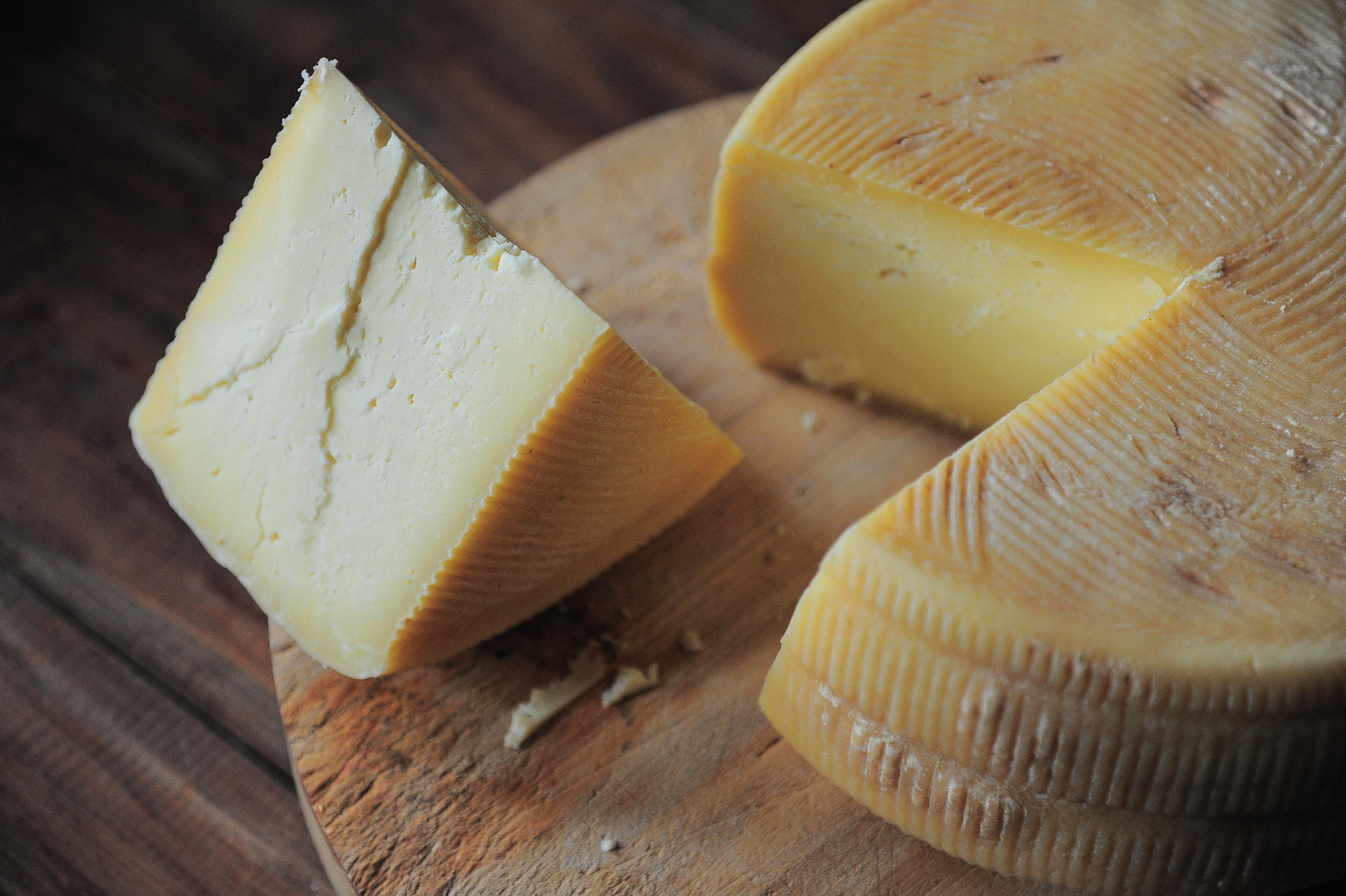Can Dogs Eat Cottage Cheese? All You Need To Know!
Can dogs eat cottage cheese? You might be asking yourself this query if your puppy licked your bowl of leftover food when you weren’t looking. Cottage cheese is a kind of fresh cheese prepared from drained cheese curds. It goes nicely with fresh fruit as a breakfast or snack.
You may have heard it recommended to add to a healthy diet for people.
It provides several necessary vitamins and minerals and is a digestible source of protein. But is cottage cheese the right food for your dog? Will it cause constipation, gas, or stomach upset? While most cheeses are safe for dogs, it only makes sense to do your research before feeding your dog something new.
In most cases, cottage cheese is generally safe to feed your dog. It’s even sometimes prescribed for dogs that have stomach issues. However, this may not be true for all dogs, including yours. Continue reading to find out Can dogs eat cottage cheese or not.
Can dogs eat cottage cheese?

In some cases, it’s a great addition to a dog’s diet. Dogs with digestive problems cannot always eat conventional kibble or canned food in the hospital.
Because it is effortless to digest and has a good amount of protein, dogs will get some of the nutrients they need without making their guts work too hard.
Even low-fat versions are given to patients who might not be able to digest fat well.
In these cases, it is vital to remember that it will only be fed for a short time while in the hospital. You must talk to the vet before making long-term changes to your dog’s main diet, especially if your dog has a health problem.
How Much Cottage Cheese Can I Feed My Dog?
Cottage cheese does not provide complete protein and nutritional values. It can be employed as a treat or snack, but it should not account for more than 10% of your dog’s daily calorie intake.
While it is possible to offer it to your dog as a more significant portion of his diet, in the long run, this should only be done under the supervision of a board-certified veterinary nutritionist. They know to create a menu using preferred foods while meeting nutritional requirements.
However, any nutritionist will tell you that it’s not only about the ingredients when it comes to diet planning! To stay healthy, dogs want nutrients rather than ingredients. Ingredients merely serve as a tasty vehicle for absorbing essential amino acids, vitamins, and minerals in the gut.
With that in mind, unless a veterinary nutritionist is feeding your dog, you should limit the amount to one tablespoon each day.
Lactose Intolerance in Dogs
Each day, a small amount is all your dog should get from you as a treat. Lactose is a class of sugar present in milk and dairy products. When babies stop drinking their mother’s milk, they lose the ability to produce the enzyme needed to break it down. High levels of lactose in an adult dog’s diet can lead to a stomach upset.
The production procedure includes a fermentation step where bacteria break down lactose. Because it has been fermented, it contains far less lactose than many other dairy products and should be safe for even adult dogs to consume.
Health Benefits of Cottage Cheese

One cup of low fat (or 1% milkfat) Cottage cheese delivers the following nutrients:
- Calories: 163 = High-quality protein makes up 70% of the calories in cottage cheese.
- Protein: 28 grams – More protein than Greek yogurt by 25%! With an amino acid score of 158, cottage cheese is an excellent source of protein as it has all of the essential amino acids in the right amounts.
- Carbs: 6.2 grams
- Fat: 2.3 grams -This comes in essential fatty acids and healthy fats. 1 cup of 1% cottage cheese has 20.3mg of Omega-3 fatty acids and 49.7mg of Omega-6 fatty acids.
Protein, calcium, vitamin A, essential fatty acids, and B-complex vitamins are all found in Cottage cheese. Most dogs enjoy cheese, and trainers often use it to motivate dogs. You can also use this food(cottage cheese) to conceal pills for dogs that need medication.
Is Cottage Cheese Bad For my Dog?
When compared to different foods, cottage cheese is often very salty. High salt levels in the dog’s diet can produce uncomfortable thirst and possibly sodium poisoning.
If you wish to feed it to your puppy daily, choose a “low-sodium” or “no salt added” version. Your pet is unlikely to notice much of a difference compared to the “normal” version!
It may also have a lot of fat, which will make each serving more caloric. Treats with many calories can make your dog fat, leading to health problems like diabetes and osteoarthritis.
A “low-fat” variant will allow your dog to fit more into his daily treat limit while staying trim in the long run.
Will Cottage Cheese Cause Gas or Constipation?
If you change your diet quickly, it could give your dog diarrhea or gas. If it’s the first time or the first time that your dog has tried it in a few weeks, then your dog’s stomach might be sensitive to this ingredient. If your dog has had diarrhea for more than a few days, you should visit your vet.
A gassy dog may not always necessitate an emergency appointment. It could indicate a health issue that requires a special diet. If it becomes a problem, mention it at your dog’s next check-up or schedule an appointment.
It’s also unlikely to make your dog constipated. If your dog hasn’t had a bowel movement in more than 48 hours, you should contact your veterinarian to schedule an appointment.
Cottage cheese alternatives :
- Because of the high moisture content, texture, and necessity for refrigeration, giving this to your dog as a treat may be difficult. It’s unlikely you’ll want to take it to the dog park for a training session. There are a variety of commercial treats with a cheesy flavor that your dog will enjoy.
- You can easily keep dry biscuit treats in your pocket to give them to your dog during training or playtime. It will also be easier to tell how many calories your dog gets with each bite. The calorie count of treats is often printed on the package.
Can Dogs Eat Cottage Cheese When They Are Diabetic?

- When making changes to a diabetic dog’s diet, consult with your veterinarian first. Any extra foods, even ones low in carbohydrates, can significantly impact insulin levels. It is crucial not to deviate from the feeding plan and diet that you agreed on with your veterinarian.
- Remember that getting the proper insulin dose for a dog can be challenging, and you have to return several visits to discover the correct dose for your dog and their diet. Changing or adding to their diet might upset this balance, causing their diabetes to become uncontrolled.
- Often, the best diet option is a commercially available whole diet. These diets have relatively consistent nutritional composition, making it easier to pair the appropriate insulin dose with each meal.
Can Dogs Eat Cottage Cheese While Lactating?
- Lactating dogs can benefit from increased calories in their diet, but this should come from well-balanced food. You can use Cottage cheese to make a diet for a nursing dog, but only after consulting with a board-certified veterinary nutritionist.
- Some people think the calcium inside Cottage cheese makes it more suitable for lactating dogs. Still, calcium is one of the essential nutrients to balance with other nutrients, as nutritional problems can develop in mothers and puppies if this balance is off!
- Many commercial diets are specifically formulated to support the demanding nutritional needs of new mothers.
Can Dogs Eat Cottage Cheese? Final words
Cottage cheese can be given to your dog as a treat, but it shouldn’t account for more than 10% of your daily calories unless you consult with a board-certified veterinary nutritionist!
However, there are instances when allowing your dog to eat is not a wise idea. For example, you should never feed it to a dog that has shown lactose intolerance.
Hopefully, you now have a better idea of the health benefits and possible alternatives before sharing your breakfast bowl with your dog.
Can Dogs Eat Cottage Cheese? More FAQs
1. Is it okay to give dogs cottage cheese?
You can feed your dog cottage cheese, but you should be careful. If lactose intolerance is the problem, you shouldn’t feed your dog cottage cheese.
2. Is cottage cheese good for a dog with an upset stomach?
Yes. Cottage cheese is rich in protein, calcium, vitamins, and probiotics. All these ingredients help if your dog has a stomach upset.
3. How much cottage cheese should I give a dog for diarrhea?
A dog with diarrhea shouldn’t eat more than 10% of cottage cheese in its daily diet.
4. What type of cottage cheese is suitable for dogs with diarrhea?
Dogs with diarrhea should eat bland foods like low-fat cottage cheese.
5. Is cottage cheese good for a dog’s coat?
Yes, cottage cheese is suitable for your dog’s coat.
6. Is cottage cheese a probiotic for dogs?
Cultured cottage cheese is an excellent probiotic for your dog, but regular cottage cheese is not.

